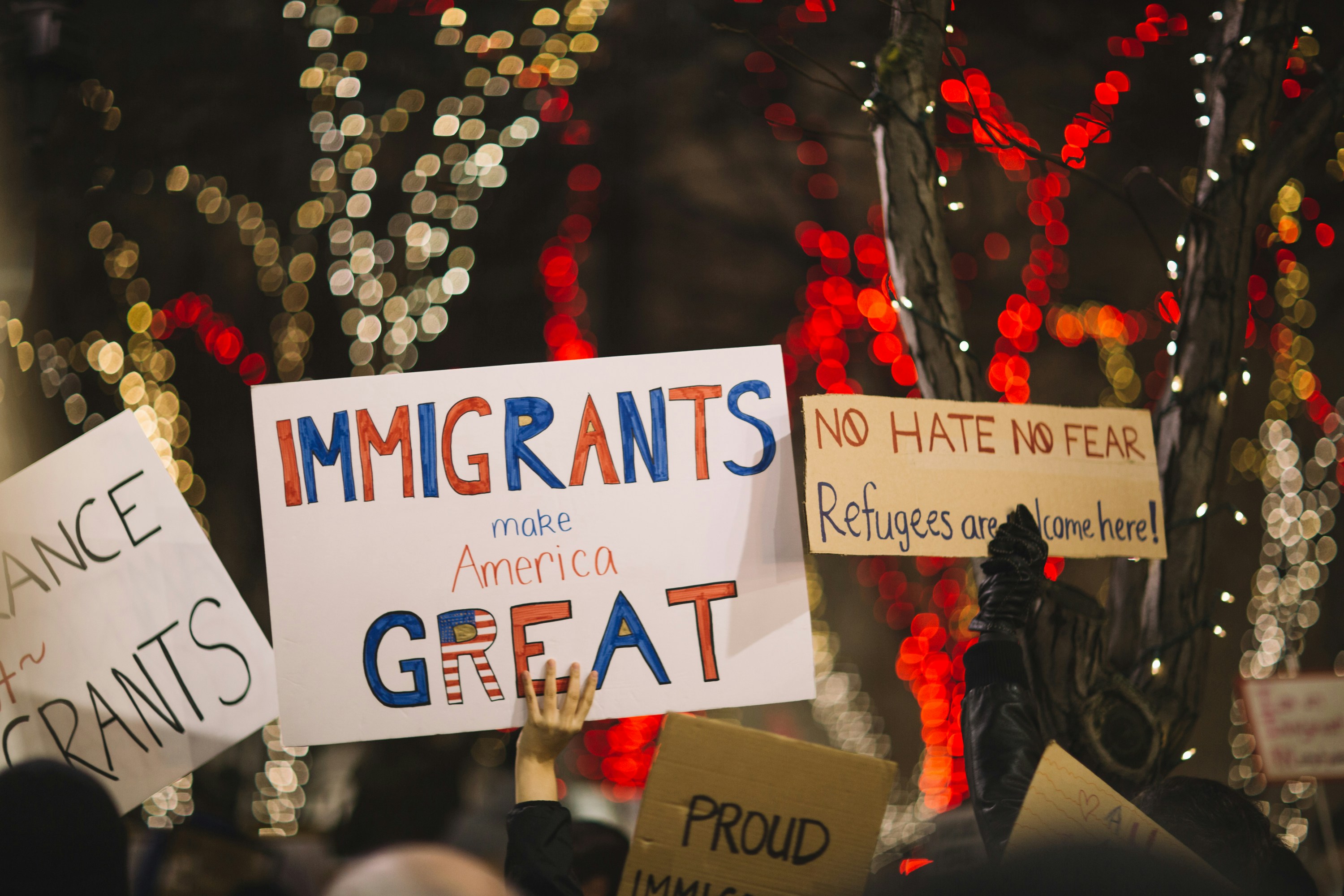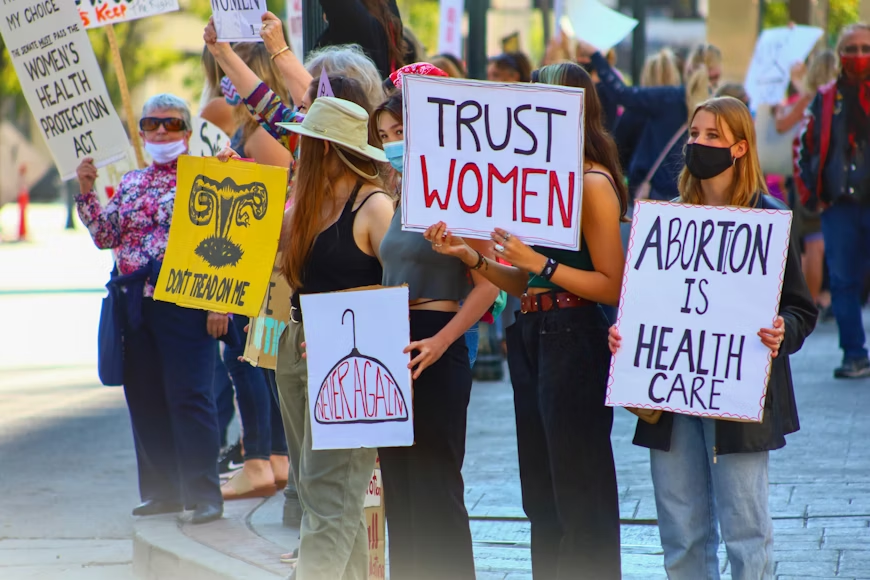CNN: Rev. Paul Brandeis Raushenbush Responds to Trump's Religious Liberty Commission
Watch Here
Organizing Intern
Valli Pendyala
Valli Pendyala is currently a rising junior in Georgetown University's School of Foreign Service, where they major in Regional Studies in SWANA & South Asia, with a minor in Religion, Ethics, and World Affairs & Arabic. Outside of the classroom, they are involved with Georgetown University Pride, the Georgetown International Relations Association, and the Georgetown Coalition for Workers' Rights, and they write for the Middle East and Africa sections of The Caravel. Additionally, they serve as the president of Queer Dharma, a program of the Dharmic Life chaplaincy at Georgetown, which focuses on creating a space for queer practitioners of the Dharmic faiths, including Buddhism, Jainism, Sikhism, and Hinduism. Valli is originally from Connecticut but now calls Washington, DC home, where they enjoy cooking for friends, exploring the Metro network, and reading.

True Religious Freedom Means Protecting Our Faith Leaders, Not Detaining Them
In early July, Ayman Soliman, a former Cincinnati Children’s Hospital chaplain, was detained by Immigration and Customs Enforcement (ICE) after his asylum status was terminated in June. In response, local faith leaders organized a prayer vigil, rally, and peaceful march; during the march at least 15 protesters were detained by local police and charged with felony rioting.
.jpg)
Trans Rights and Religious Freedom
Over the past few years, we have witnessed an alarming increase in prejudice against transgender people and attacks on the LGBTQ+ movement. This prejudice has manifested in several ways: bathroom bills denying access based on gender identity, denial of medical care for critical health services, and alarming rates of hate crimes and violence. Unfortunately, much of this rise in hatred has been fueled by religious rhetoric. To explain why the pro-democracy faith movement proudly supports trans people and all members of the LGBTQ+ community, we offer answers to some of the most commonly asked questions about religious freedom and the trans rights movement in the United States.

What Project 2025 Tells Us the Trump Administration Will do Next to Limit Access to Reproductive Healthcare
Project 2025 is a federal policy blueprint published in 2023 by then-former Trump administration officials and far right policy professionals, organized by The Heritage Foundation. The 920-page document outlines a detailed policy agenda designed to establish an authoritarian government while curbing civil rights protections. In particular, it is interested in restricting access to abortions and other forms of reproductive healthcare.
No media